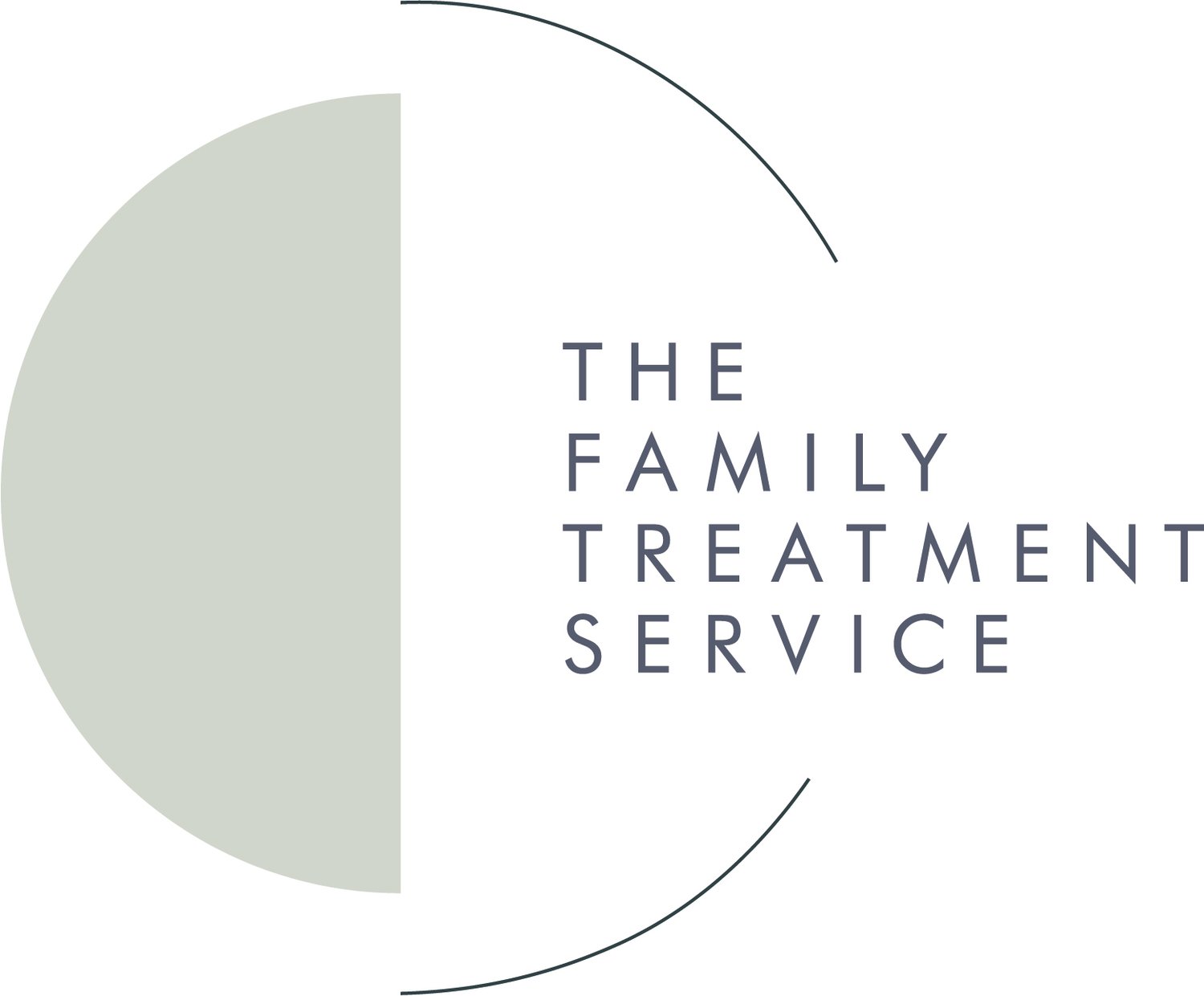Emotionally Based School Avoidance (EBSA)
What is EBSA?
School anxiety and avoidance is now more commonly referred to as Emotionally Based School Avoidance / Non-Attendance (EBSA), which highlights the emotional factors underlying attendance difficulties. Various different factors can contribute to EBSA, including social anxiety, difficulties within the school environment, difficulties at home, Special Educational Needs, anxiety about learning or sensory needs.
Experiencing some anxiety about school is very normal for children and young people, particularly at transition points such as a new term or during exams. For some young people, this anxiety can become overwhelming and result in the avoidance of school. In the short term, avoiding school is an effective coping strategy for reducing anxiety, however in the long term, it maintains the anxiety and makes attending school even more difficult. Whilst avoidance is a normal response to stressful situations, it creates a cycle of anxiety and it is important to empower young people with the skills and tools to manage their anxiety and navigate difficult situations.
Previously, children who were absent from school were referred to as ‘school refusers’. There has been a move away from this term as it suggests that young people are choosing not to attend school, which is often far from the truth. In fact, many young people experiencing EBSA really want to attend school, but do not feel confident or supported to do so.
Signs of EBSA
Depression can affect people of all ages and can cause a wide range of symptoms.
Child saying they cannot go into school
Avoiding getting up in the morning
Physical symptoms and feeling unwell such as a headache or stomach ache
Disrupted sleep
Avoiding certain lessons or days
Changes in emotions e.g. increased frustration, upset, anxiety or withdrawal
How we can help
At The Family Treatment Service we offer specialist support for ESBA, starting with an initial consultation with our highly experienced child and educational psychologist to explore the factors contributing to school anxiety and avoidance. Additional sessions may involve further assessment to identify the functions of the EBSA, support to understand and manage anxiety, exploration of values and creating a stepped reintegration plan. Where possible, it is also helpful to share information with the school to ensure a collaborative approach.
How to See Us
-

Get In Touch
Fill in our registration form to give us an understanding of how we can help. Alternatively book in a free 15 minute call with a clinician who can go through the questions with you.
-

Personalised Advice
We provide tailored recommendations designed to provide effective results, with clear expected timescales and costs.
-

Begin Your Treatment
Start your care with expert led and evidence-based treatment.
Our team of EBSA Specialists
Our Wimbledon Clinics



















The Family Treatment Service is proud to be registered with the Care Quality Commission (CQC), demonstrating its commitment to providing safe, effective, accountable, and high-quality care.





